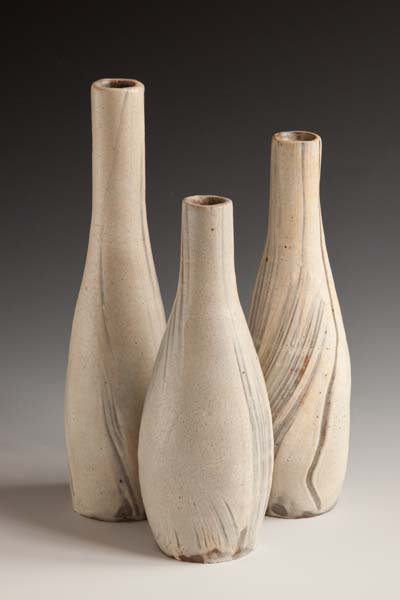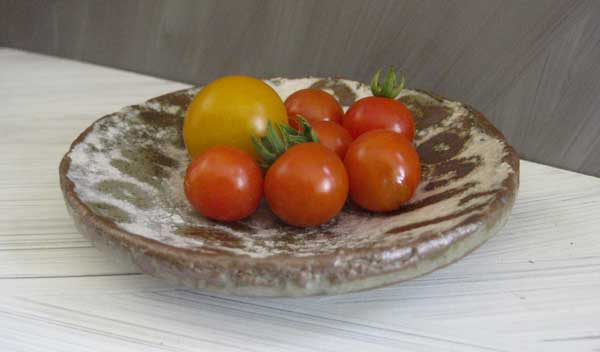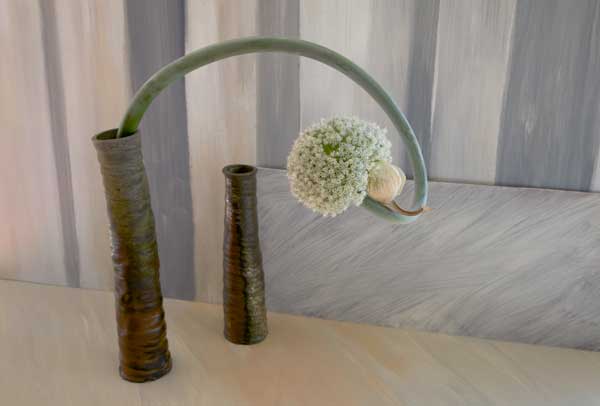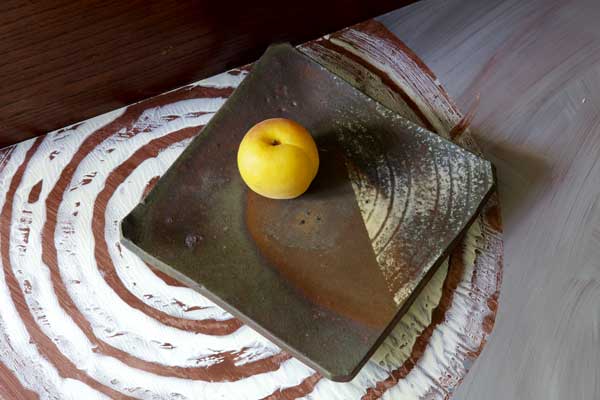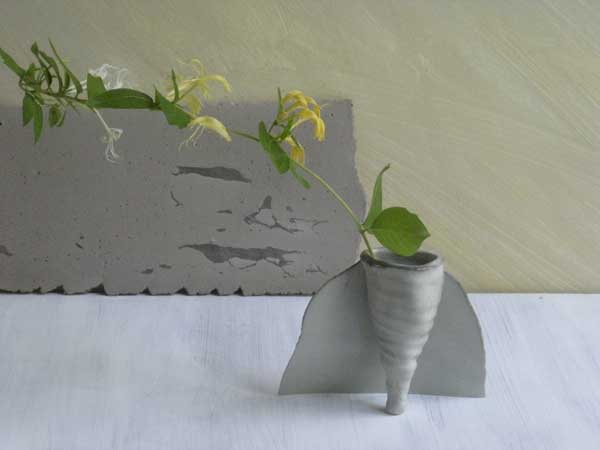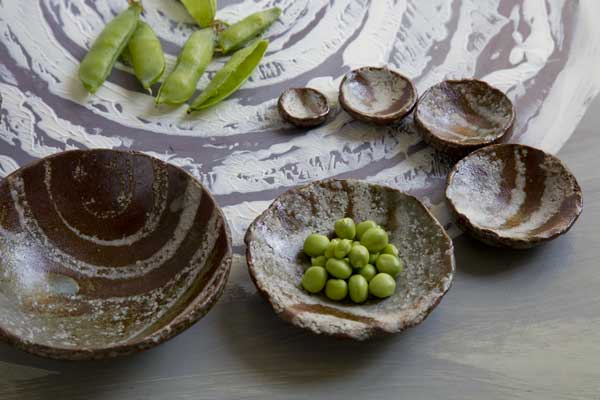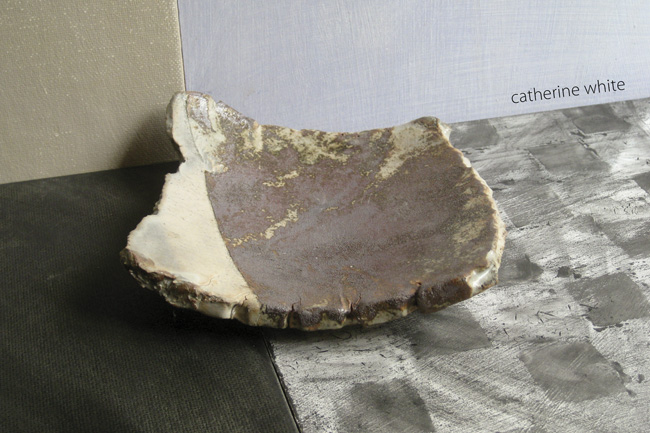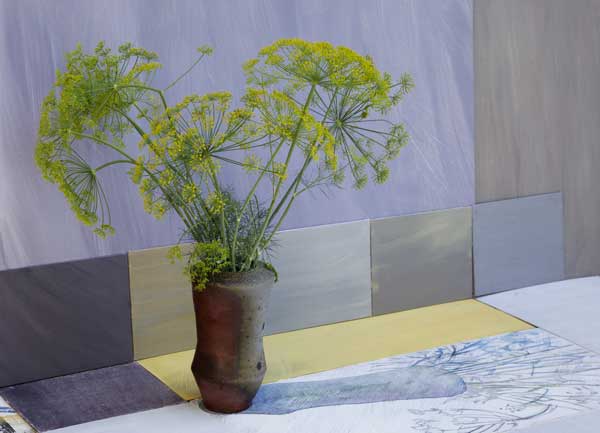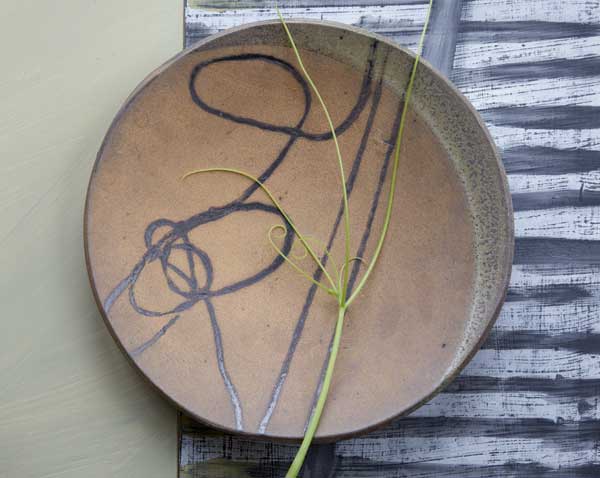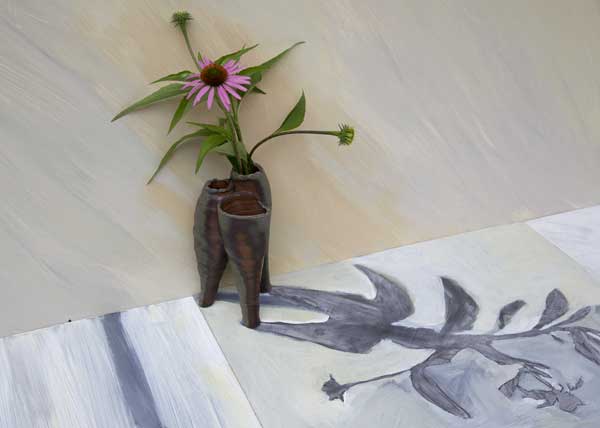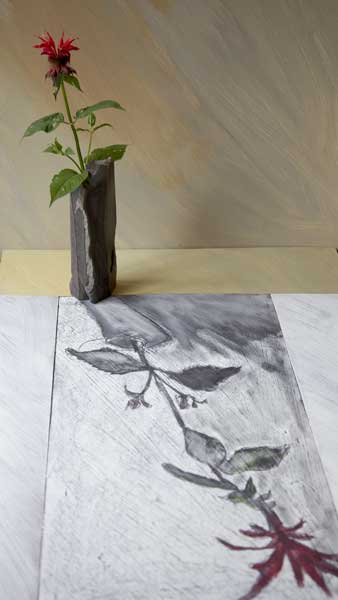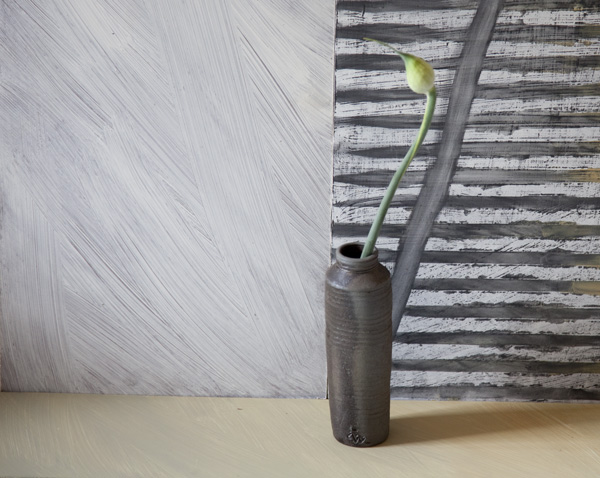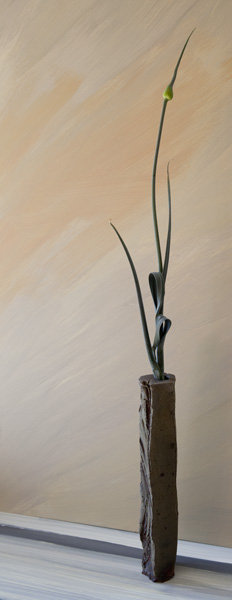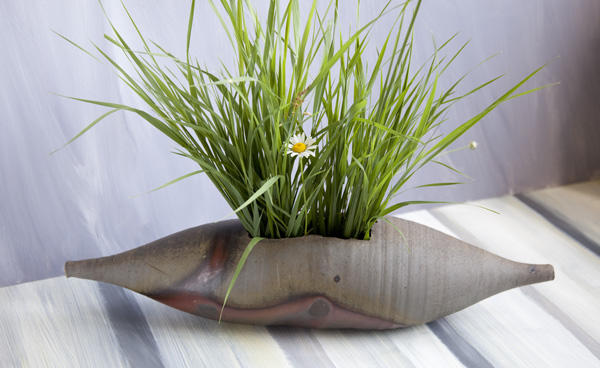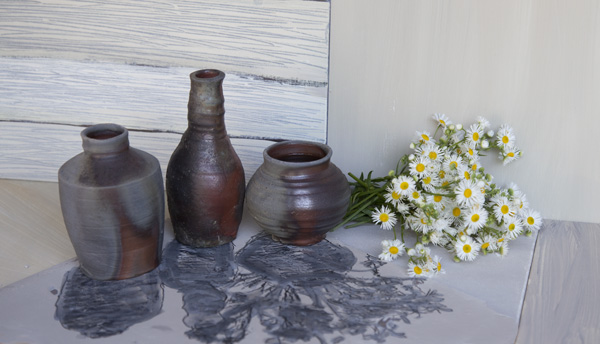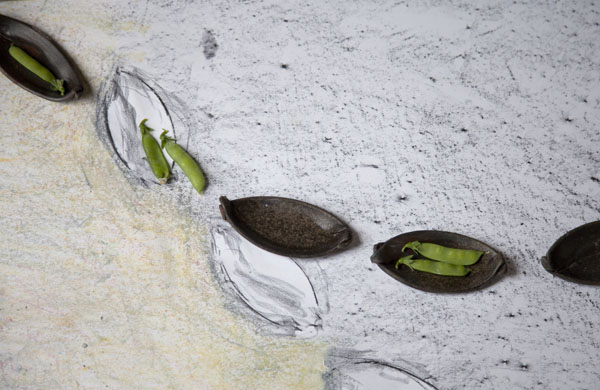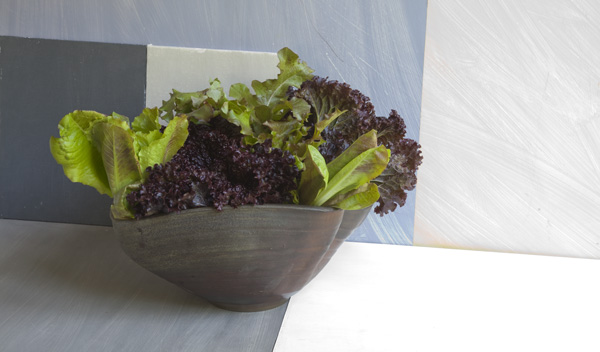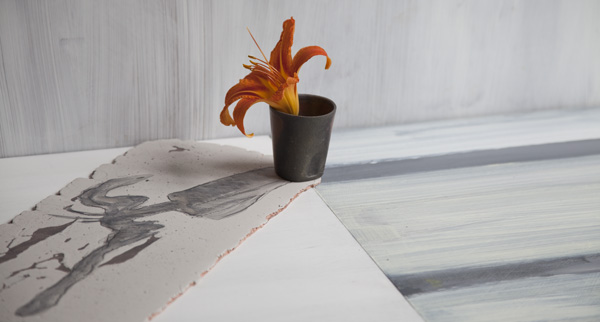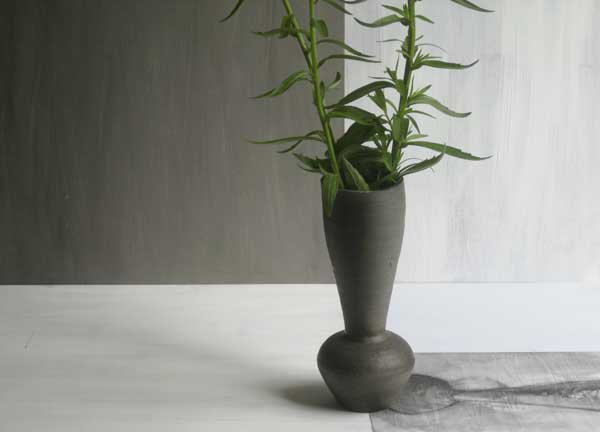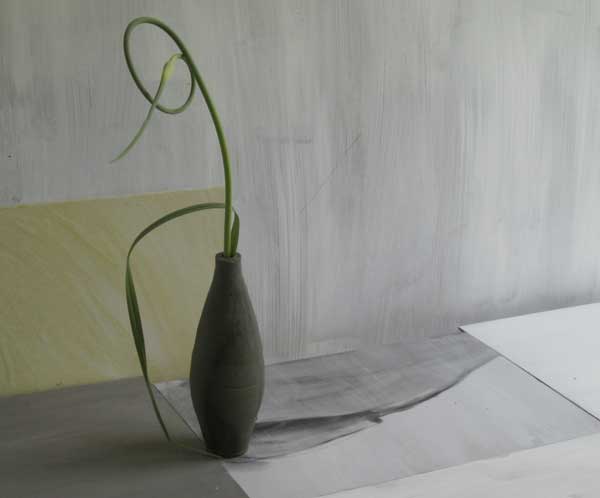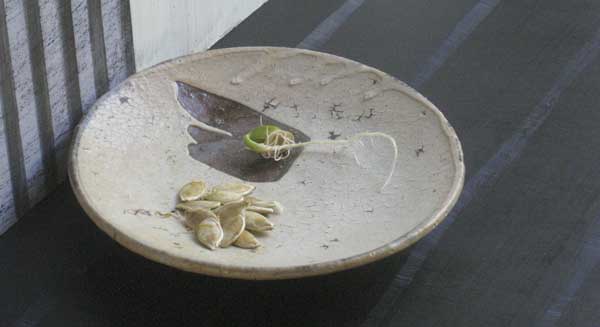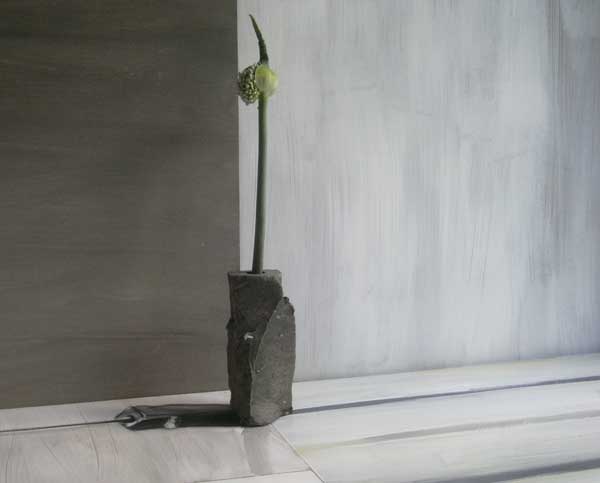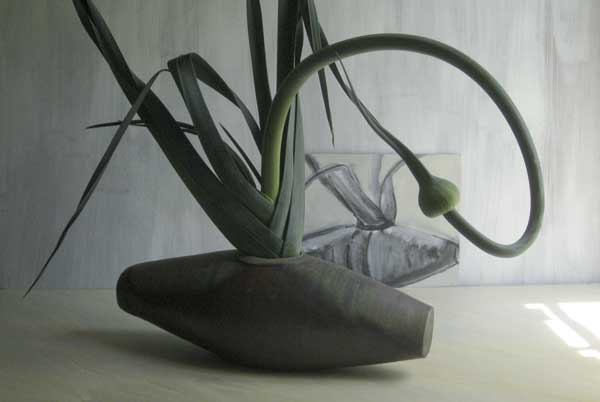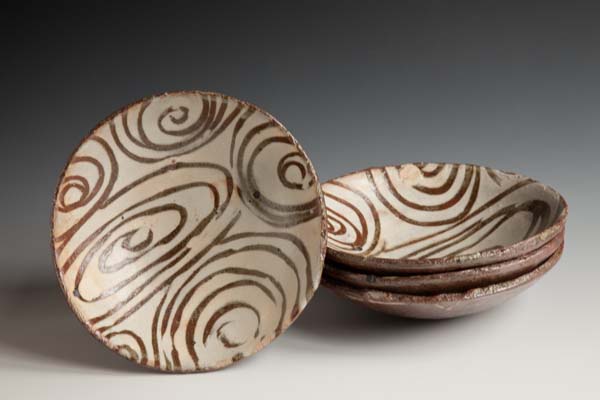 Catherine White Slip Decoration Workshop at Hood College
Catherine White Slip Decoration Workshop at Hood CollegeJuly 17-18, 9 a.m.-5 p.m.
July 17, 6-9 p.m.
The weekend course is an exploration in the vocabulary of slips applied to clay forms. The class will be both demonstration and hands-on work. Saturday and Sunday sessions will be amplified with an evening slide talk of personal work and historical references. Assignments will explore the poetic potential of texture, line, pattern and color variations. The class will weave together the implications of brushwork, additive and subtractive applications, and the interaction of form, glaze and fire. Assignments will cover experiments with varied techniques.
Bring leather hard plates, bowls and vases plus clay to roll out slabs to experiment on.
ARTS 599 Slip Decoration
July 17-18, 9 a.m.-5 p.m.
July 17, 6-9 p.m.
Instructor: Catherine White
Hood College Frederick Maryland
https://www.hood.edu/academics/departments.cfm?pid=departments_ceramicsWorkshops.html
Workshop Fee : $185
1 credit/Graduate Tuition:$360
to register call Karen Taylor at 301-696-3526
